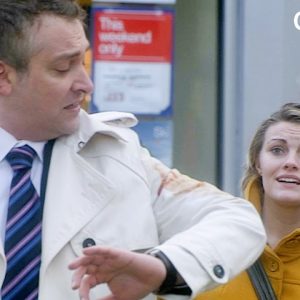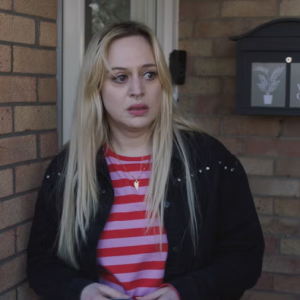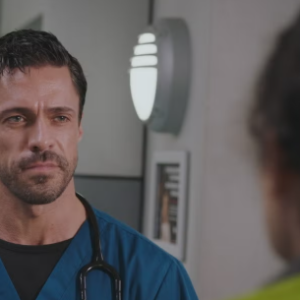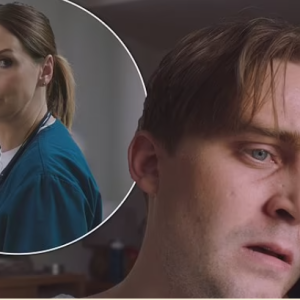Tragedy in the Car Park: Casualty’s “Supply and Demand” Delivers a Heartbreaking Twist
BBC’s long-running medical drama Casualty never shies away from pushing its characters—and its audience—into the heart of gut-wrenching dilemmas. The latest installment, “Supply and Demand,” shocked viewers with a fatal accident in the hospital car park, leaving fans reeling and once again reminding us why the series continues to dominate Saturday night television.
A Shocking Turn in Familiar Surroundings
The episode opened with its usual rhythm of paramedics racing against time, doctors juggling emergencies, and the waiting area buzzing with tension. Yet, the most devastating moment of the night didn’t occur inside the wards or the operating theatre—it unfolded just outside, in the car park.
In a horrifying accident, a character was fatally run over, turning a seemingly ordinary setting into the scene of a nightmare. The sound of screeching tires and panicked screams contrasted chillingly with the usual bustle of Holby City Hospital. The event sent shockwaves through both the fictional staff and the audience at home, highlighting how danger and tragedy can strike at the most unexpected moments.
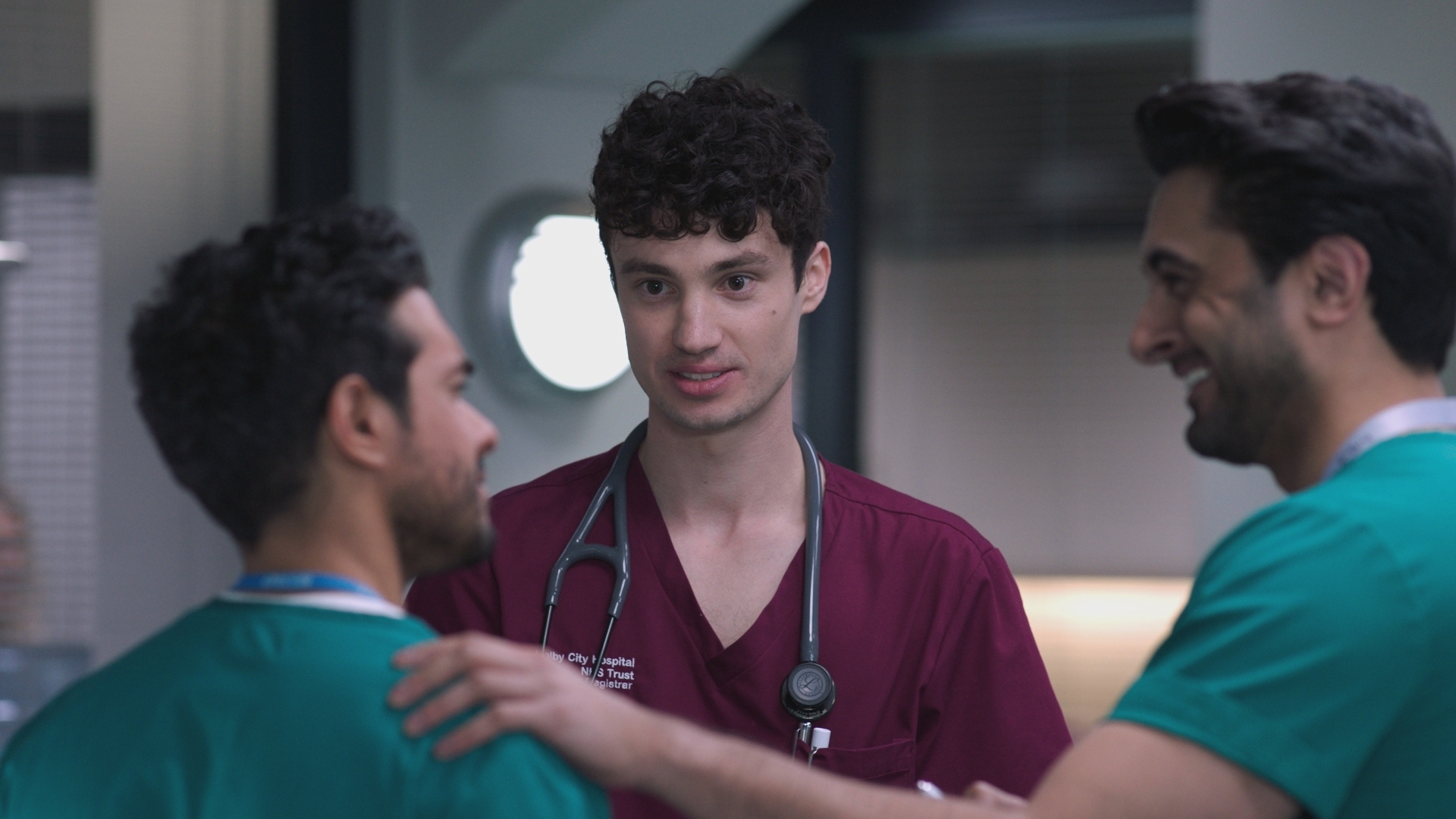
The Human Cost of “Supply and Demand”
The title of the episode, Supply and Demand, was more than just a backdrop for hospital resource struggles. It reflected the pressures the NHS faces daily: a shortage of beds, long waiting lists, and staff stretched to breaking point. Yet, in true Casualty fashion, the writers tied these systemic issues to deeply personal consequences.
The victim’s death in the car park was not just a random accident—it symbolized the growing chaos around Holby. With ambulances queuing outside and overworked nurses darting between crises, even the supposedly safe spaces of the hospital became battlegrounds where lives were at risk.
Emotional Fallout Among Staff
One of the strengths of Casualty is its ability to balance procedural drama with character-driven emotion. In the aftermath of the accident, familiar faces in the ED were forced to confront grief, guilt, and questions of responsibility.
